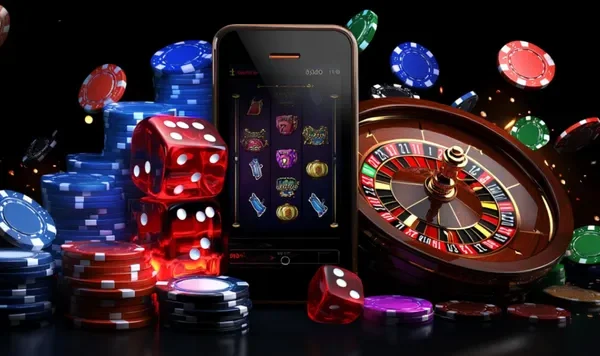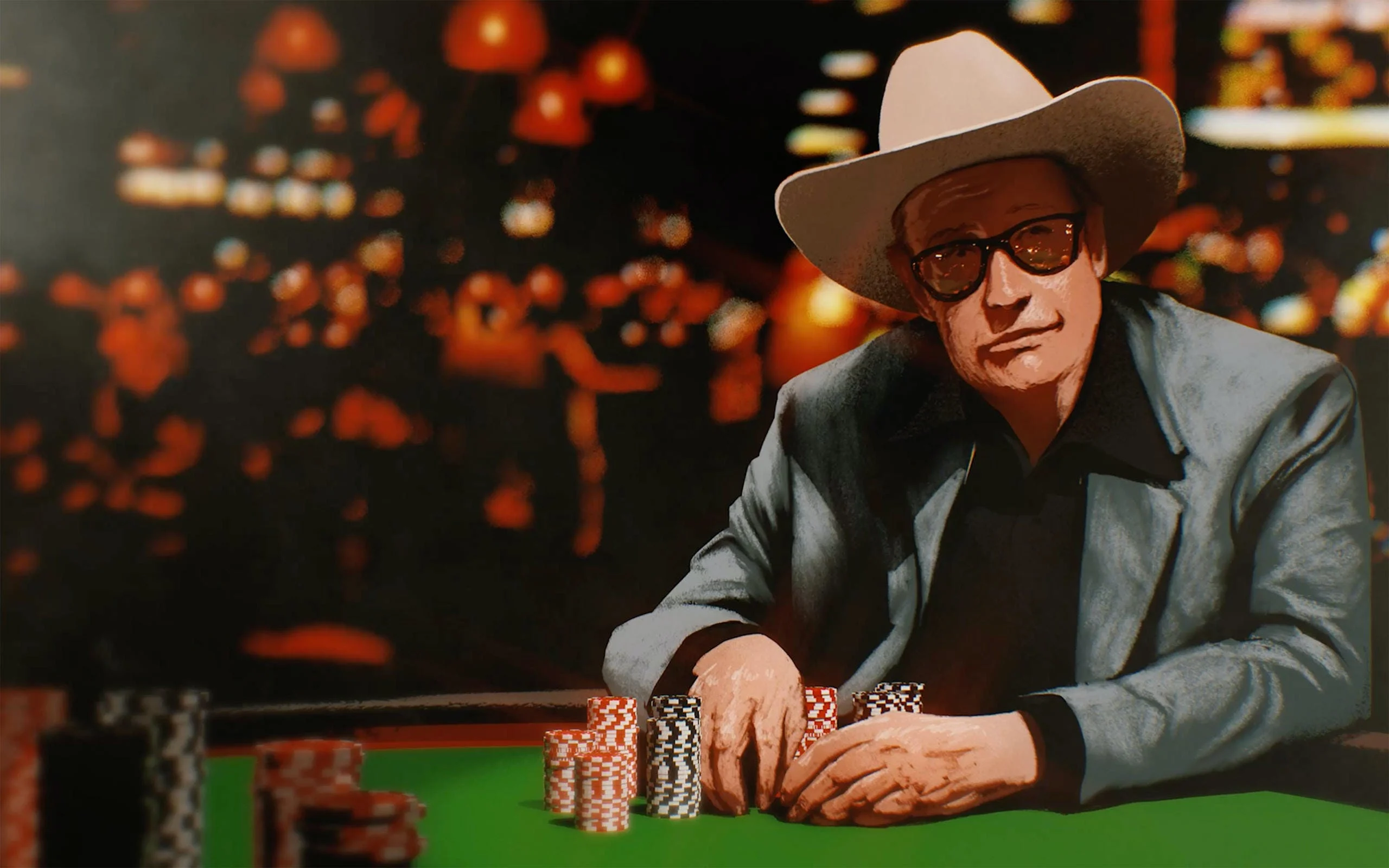Bluffing can be an incredibly effective tool in poker, provided it’s used appropriately. Skilled players have become adept at concealing emotions and betting patterns from opponents making bluffs difficult to detect; moreover, their body language such as yawning or sighing may give away information as well.
Semi-bluffing can be one of the most powerful bluffing strategies, involving betting with weak hands that might improve in future streets and making opponents fearful to call; this strategy can make equity realization harder to attain for both parties involved.
Betting intervals
Selecting appropriate betting intervals is key to successful poker bluffing. In order to make strategic decisions regarding when and how often to bluff, it’s essential that you fully comprehend your opponents and the context of the game; additionally, personal traits like risk-taking tendencies and self-confidence could impact bluffing behavior.
Bluffing is an integral component of casino poker and can be highly rewarding if executed successfully. However, it should not be utilized too frequently as this could indicate you are trying to deceive opponents and potentially incur penalties from them.
When bluffing, it is critical to place bets that will force your opponent into folding their hand quickly. Be wary, however, not to raise too high as this could enable an astute opponent to spot your bluff as such and fold.
Limits
Bluffing is an integral component of poker strategy, but you should limit its use so as not to expose your opponents. A successful bluff can dramatically change the flow of play while helping shape opponents’ hands – use semi-bluffs instead for greater reliability!
Care must also be taken when choosing your bluffing bet sizes, since smaller bet sizes than your value hands may make you easy for opponents with stronger hands to read and read more easily. Conversely, larger betting amounts could scare off opponents who hold weaker cards.
Body language and facial expressions should also be carefully observed when bluffing. Nervousness will quickly be noticed by other players; consistently tense facial expressions could indicate you have a powerful hand; conversely if someone appears relaxed yet free-speaking they could be bluffing; the best positions for this are late position like cutoff, button and small blind blind.
Side pots
Bluffing requires both strategic thinking and psychological techniques to successfully execute. It involves evaluating your opponents’ hands, projecting confidence and controlling emotions during intense moments; in addition to quick and accurate decision-making. Since bluffs can often go undetected by opponents, skilled bluffers may gain an edge through psychological warfare that defines the game.
One of the key ingredients of a successful bluff lies in selecting an opponent to target. Tight players are less likely to fold when you raise your bet size, while it is important to consider your opponent’s bet size when making your bet bluff – many players use standard bet sizes when betting for value but can change them when bluffing, increasing your chances of success and decreasing risk. It is key that you make your bet large enough to intimidate but not become suspiciously large.
Bluffing strategy
Bluffing strategies are an integral component of poker play. They enable players to make timely calls that increase their odds of victory while taking into account both opponent betting patterns and emotional reactions of themselves and opponents. But effective bluffing requires careful thought and planning from both player and opponent alike.
Maintain a suitable balance between bluffs and value bets when playing poker. Also important is understanding who your opponents are: tight fearful players usually require less bluffing whereas loose players require more frequent bluffing attempts.
Successful bluffs can have enormous psychological effects on opponents. For instance, if you manage to fool an excellent hand player with your bluff, they may become disgruntled and continue playing recklessly – giving you an excellent opportunity to profit off their actions!











